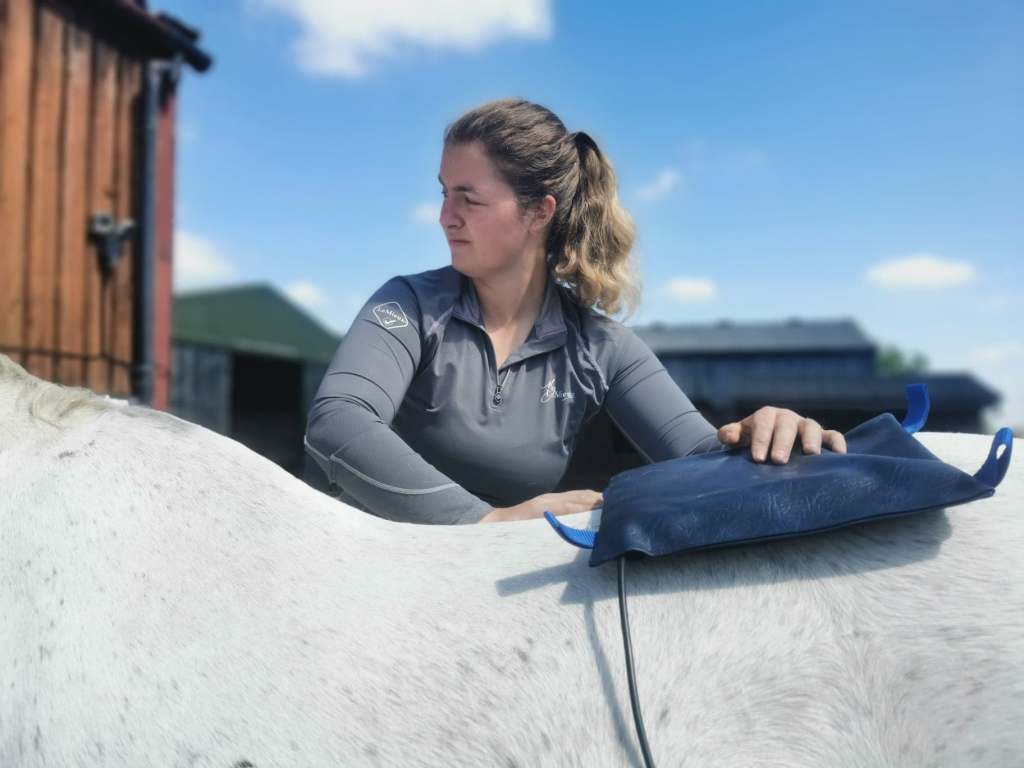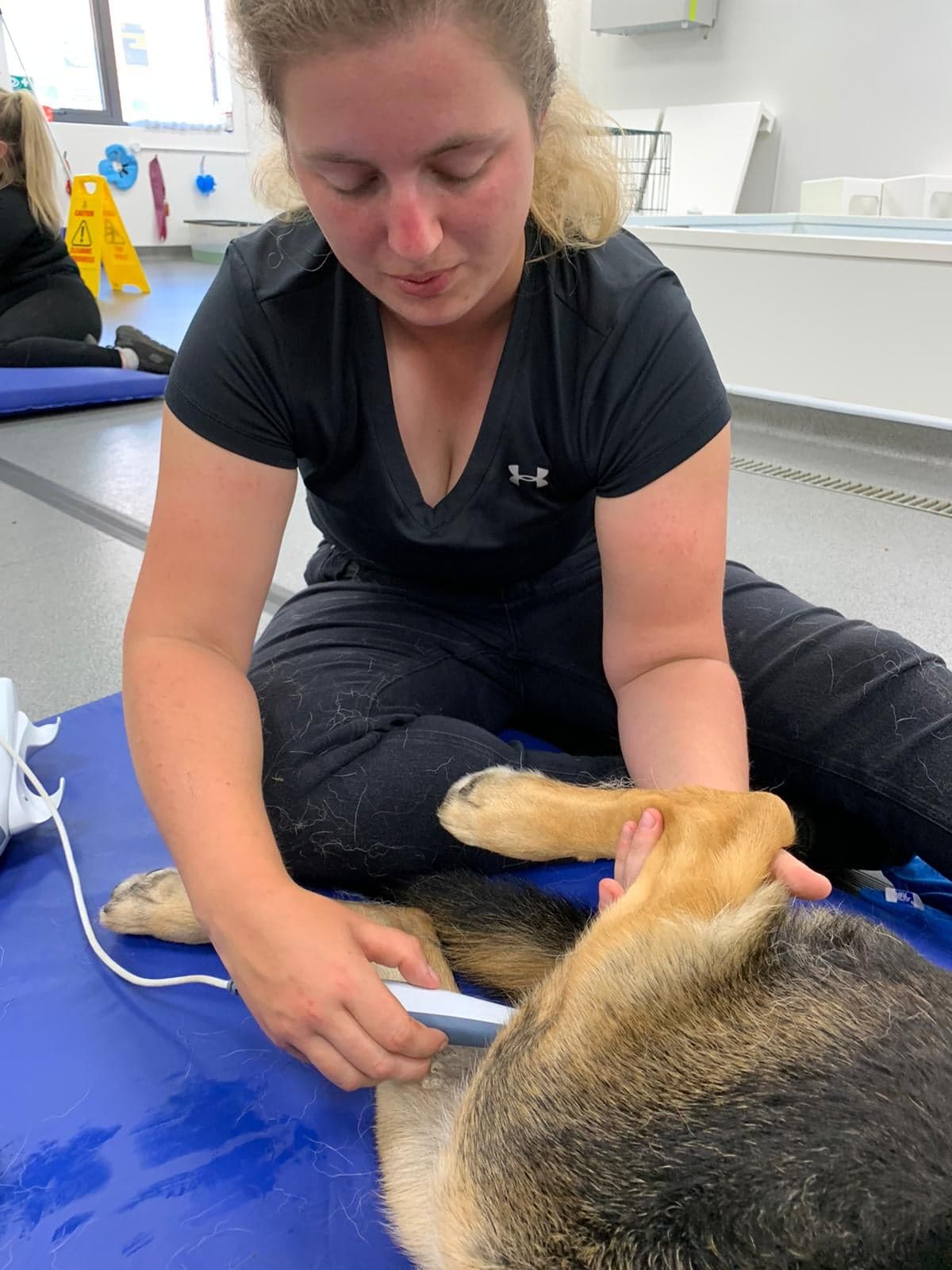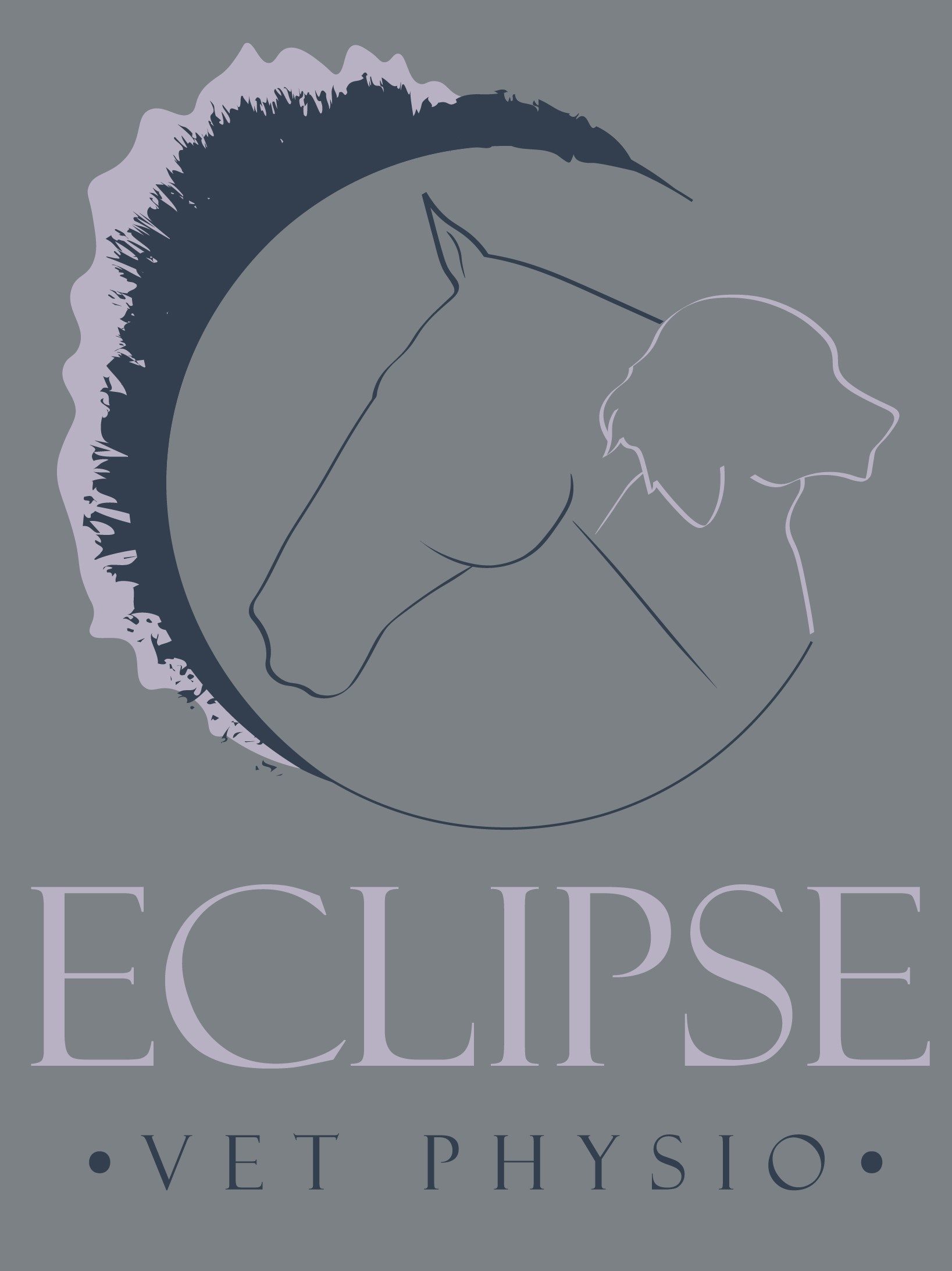
Veterinary Physiotherapy Services based in The Cotswolds
Applying over ten years of industry experience in horse racing, understanding of gundog training and a thirst for developing skills and knowledge that allows all animals to uncover their best potential – mentally and physically.
Founded by Holly Nicholson

What is Veterinary Physiotherapy?
The use of physiotherapy, alongside Veterinary treatments and supervisions, is used as part of an all inclusive health routine of your dog or horse. The practice of veterinary physiotherapy is supported extensively through scientific research and can benefit any animal whether they are in post-injury rehabilitation or just simply a maintenance MOT to prevent injury in the first place.
The physiotherapist has access to a range of manual techniques and modalities to improve the wellbeing of your animal by decreasing pain and improving tissue functionality.
Any animal can improve from physiotherapy sessions and is not solely for the performance animals as everyday stressors can have as much of an effect as that of high performance influences when these occur in ill-functional manor.
Maintenance | Rehabilitation | Conditioning
What are the aims of Physiotherapy
- Restore and optimise function
- Encourage pain free mobility
- Promote healing
- Improve recovery following injury or surgery
- Enhance performance
What will occur during a physiotherapy session?
Each session the therapist will assess your animal to see where there may be movement deficits or signs of discomfort – these will then be addressed using manual techniques and/or modalities.
Afterwards, techniques and specific exercises will be advised to you, the owner, that will engage your animal to work towards improved functionality which will decrease the potential for discomfort to return and in time improve performance.
Holly Nicholson – Eclipse Vet Physio
I have spent the majority of my life surrounded by both horses and dogs; having had the pleasure of working with Thoroughbreds for the past ten years in training yards and studs I was exposed to the world of physiotherapy from all aspects of these high performance animals. Additionally, having Springer Spaniels all my life with a multitude of pathologies these have also encouraged my inspiration into the Physiotherapy world.
My training has allowed me to further assist my own animals well-being which I hope to be able to do for many others – with particular relevance to osteoarthritis, biomechanical imbalances which when treated early enough has the potential to decrease the risk of injuries, dorsal spinous process impingement (“kissing spine“) and sacroiliac joint dysfunction.
Holly Nicholson, BSc (Hons), PGDip VP







Veterinary Consent
Veterinary Physiotherapists’ work concerns section 19 of the Veterinary Surgeons Act (1966) regarding the treatment of animals by “unqualified” person including supplementary Schedule 3 Part 1 where treatments allowable by the unqualified (deemed the unqualified as they are not registered to the Royal Veterinary College of Surgeons [RVCS]); later clarified in Veterinary Surgery (Exemptions) Order (2015) which details specifically about physiotherapy – whereby any treatment undertaken by a physiotherapist needed prior Veterinarian consent.
Update 20/1/21: RVCS updated clarification on when veterinary permissions for physiotherapy treatment to amend that maintenance work on animals does not need a veterinarian’s permission as previously needed.
Any session relating to diagnosed conditions in response to rehabilitation will require Vet consent – forms for this can be found on the relevant species pages. These can be sent to your Vet by yourself or the therapist in order to attain the whole picture of the animal and the ability to work as effectively as possible for each case.
